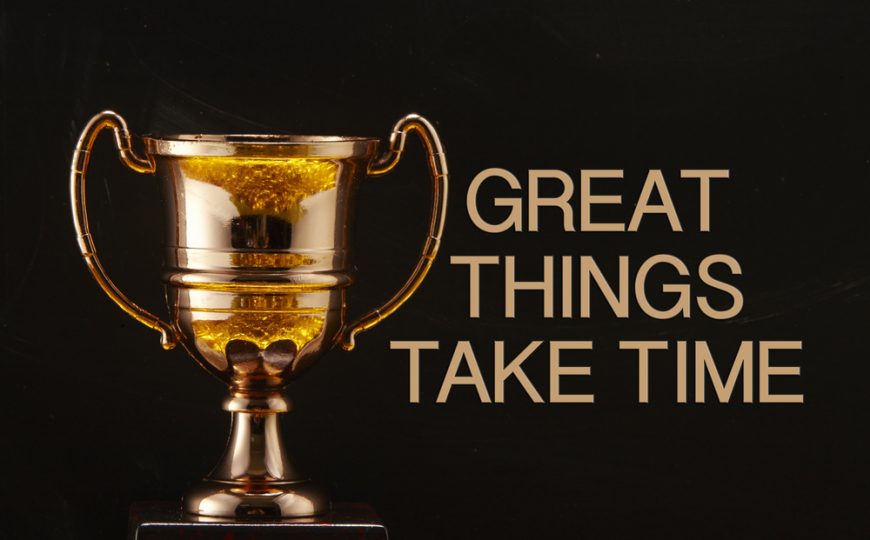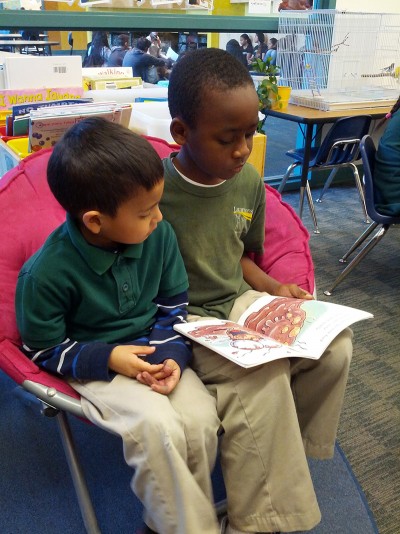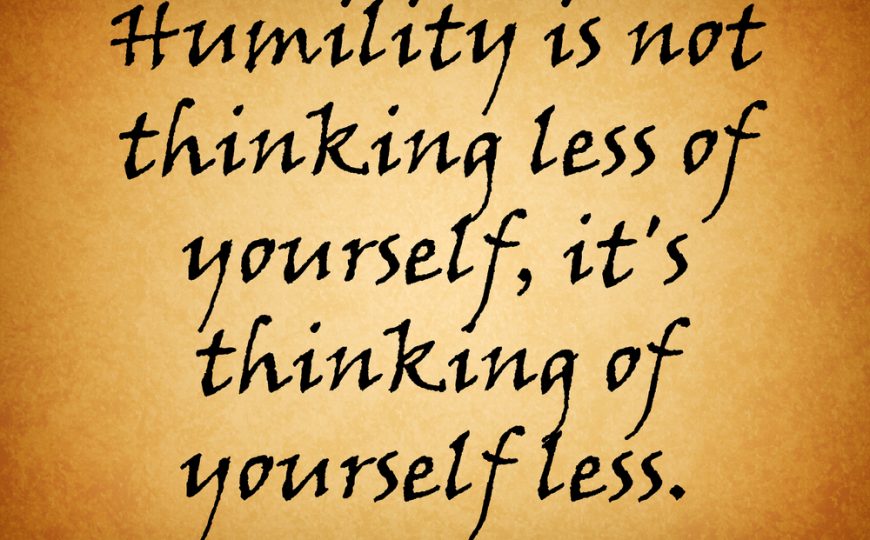The translation of the original text is “slow to anger”. This one is easier to understand in light of our frustration with a president who seems to impulsively tweet instead of taking the advice so many are giving him to stop and take time to listen more carefully and respond more thoughtfully and maturely. We previously discussed that there are character traits that are non-academic that are imperative to learning, here we are discussing one of the most important ones. Anger does not only manifest in the extreme of anger and rage. It comes under many guises such as frustration, …










